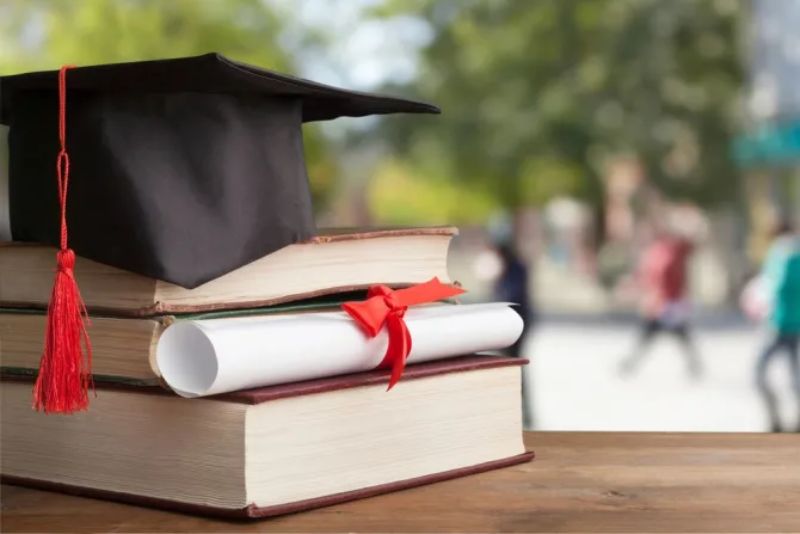
The graduate school is hoping that a new educational initiative would aid in the “renewal” of Catholic education
- Education
- September 11, 2023
An educational degree programme is being introduced by a western U.S. Catholic university to prepare teachers and administrators for what one official calls the “embrace of more traditional forms” of Catholic education.
The Augustine Institute in Denver states on its website that it exists to support “the formation of Catholics for the new evangelization” by “equip[ping] Catholics intellectually, spiritually, and pastorally to renew the Church and transform the world for Christ.”
The institute, a Catholic graduate theology school created in 2005, is home to just over 300 students at this time. The newly created MA in Catholic Education programme, which will make its debut with a “soft launch” in October, is expected to gain several hundred new students.
According to Christopher Blum, professor of philosophy and theology and provost of the institute, the programme is intended to “contribute to the ongoing renewal of Catholic schools.”
Many Catholic schools nationwide are moving more and more towards “classical” educational approaches, which emphasise the liberal arts like grammar, rhetoric, mathematics, astronomy, and other formerly esteemed fields of study. Catholic schools that use this curriculum model place a strong focus on Catholic doctrine, scripture study, and ethereal but thoroughly researched ideas like truth, kindness, and beauty.
A growing number of Catholic institutions are using this form of instruction. For instance, in 2020 the Diocese of Marquette, Michigan, made history by being “the first [diocese] in the nation to fully move all of its schools to a classical Catholic curriculum.” In several regions, including Colorado, Washington, Kentucky, and numerous others, schools have recently changed towards this paradigm.
The newly established Augustine Institute programme, according to Blum, was established with “an explicit commitment to the new evangelization and the embrace of more traditional forms of education.” Although this method of instruction is most frequently described as “classical,” the more correct term is “Catholic liberal education,” he said.
With concentrations in grammar school, classical pedagogy, humanities, science and maths, and catechetics, the programme is “grounded in Scripture and Catholic doctrine,” according to Blum. It also “offers pedagogical training from a Catholic and classical perspective” and allows students to specialise according to their own area of teaching.
According to Tim Grey, president of the Augustine Institute, there was a lot of interest in the programme before it was created.
“Bishops were asking us: Hey, can you provide us with something more focused on education? It’s a huge need,” he said.
For the first programme, Grey said they already have a sizeable class enrolled.
“It’s a mix [of students],” he said. “We’ve got pastors who say, ‘I’m starting, or just started, a classical education school, or we’re renewing our Catholic school and we want to get our faculty on this.’ We have a lot of schools that want to send their teachers as cohorts. We’ve also heard from individuals.”
“Some [students] are just getting out of undergraduate, maybe it’s a teacher who wants deeper formation,” Gray said.